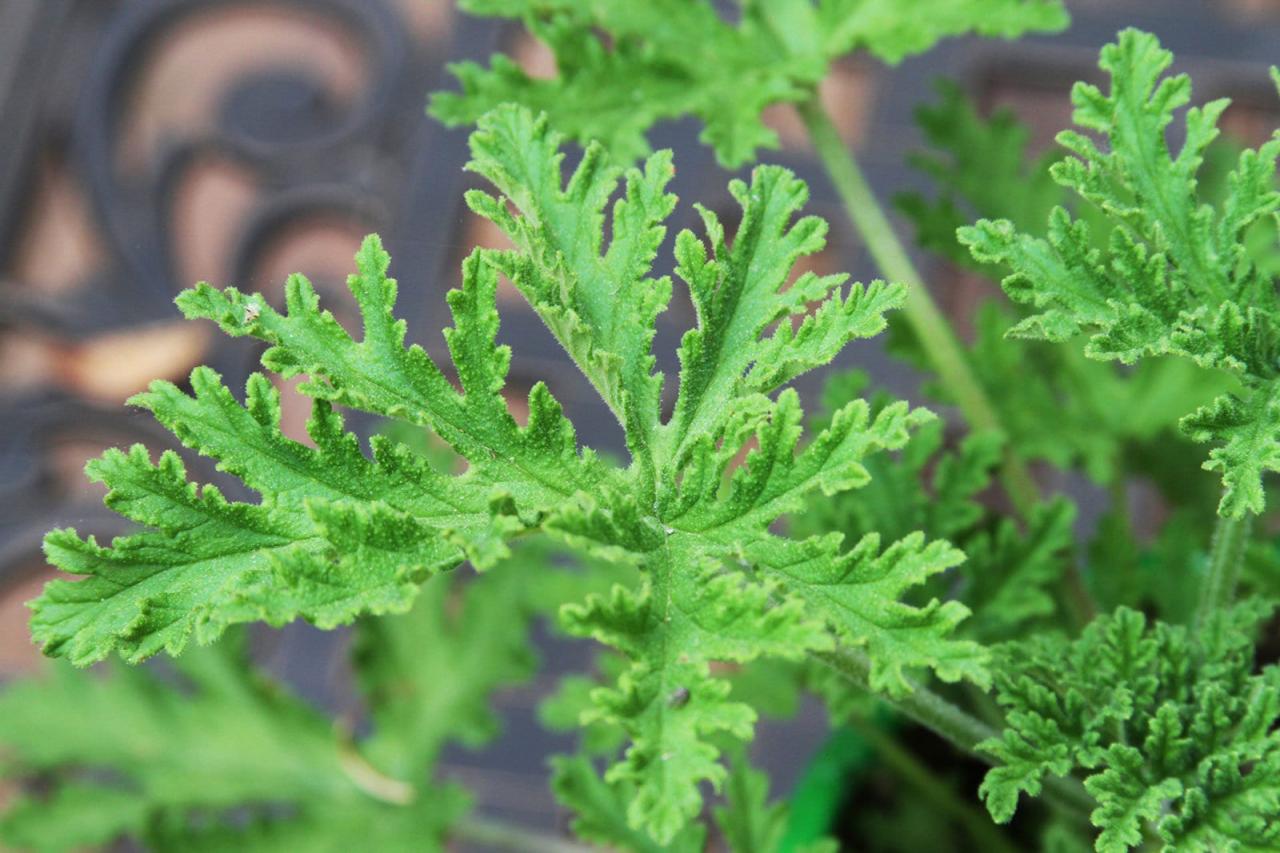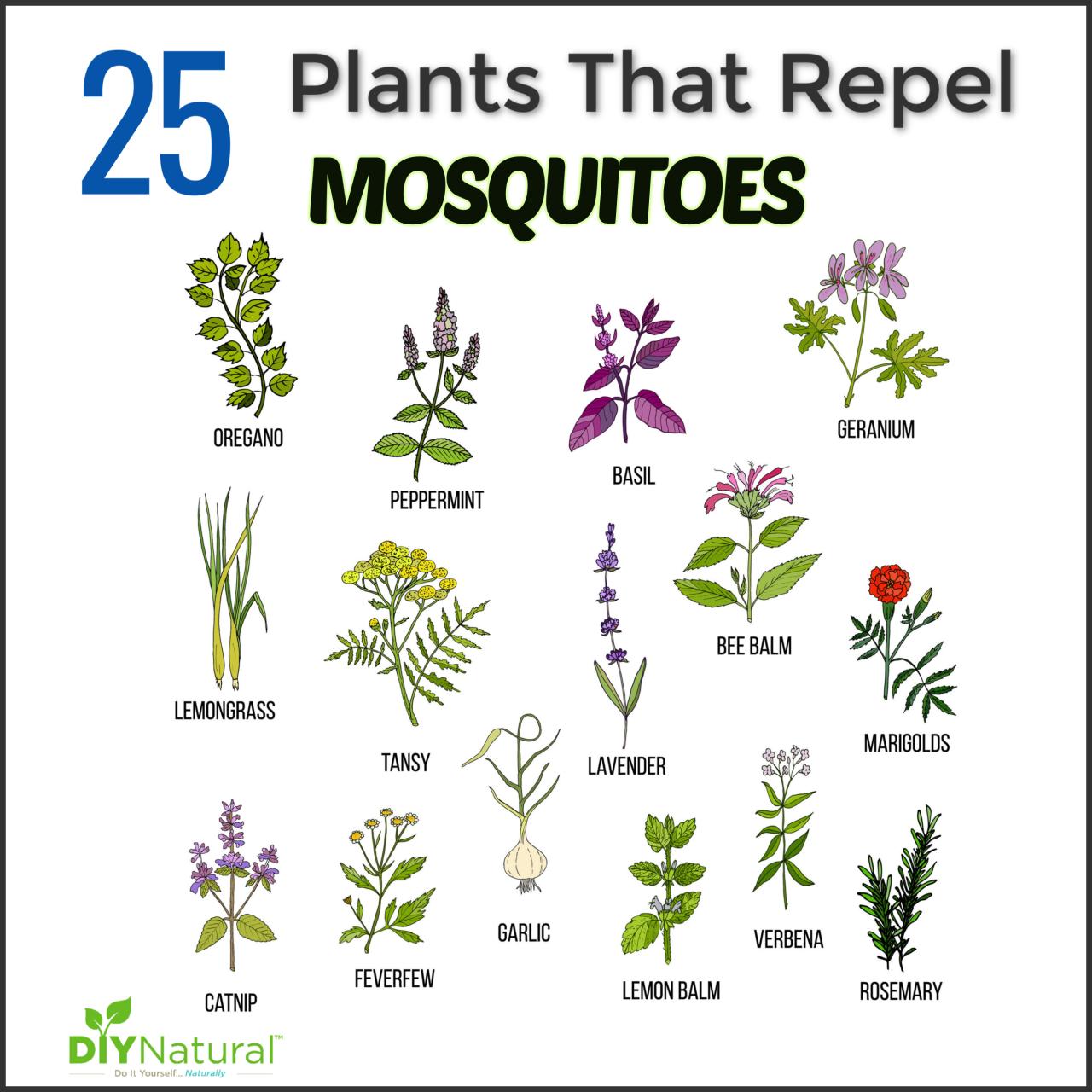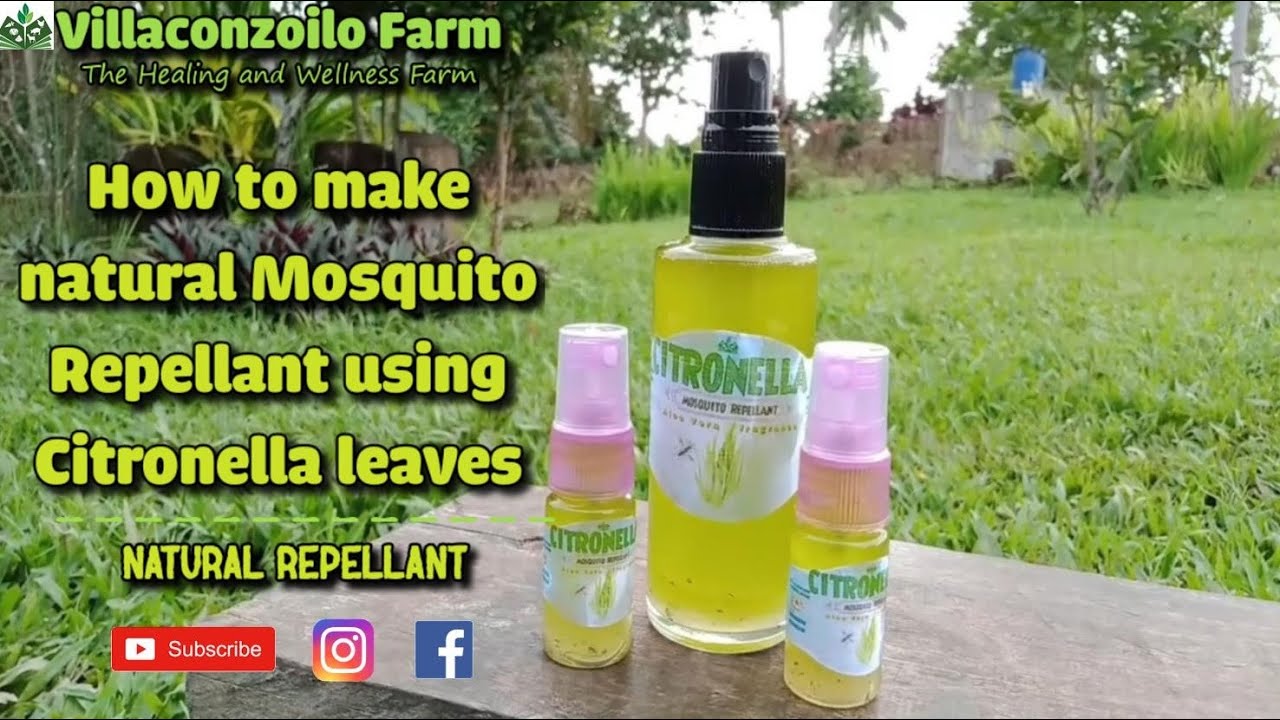How to Cultivate and Use Citronella Plant for Natural Mosquito Repellent – a simple yet powerful solution for keeping those pesky mosquitoes at bay. This fragrant herb, known for its distinctive lemony scent, has been used for centuries to ward off insects, and with good reason.
Citronella oil, extracted from the plant’s leaves, contains potent mosquito-repelling compounds that can provide a natural alternative to synthetic bug sprays. But the benefits of citronella go beyond its insect-repelling properties. It also offers a range of therapeutic uses, from aromatherapy to traditional medicine, making it a versatile and valuable plant to cultivate.
This comprehensive guide will walk you through everything you need to know about growing your own citronella plants, harvesting their leaves, and utilizing them to create effective, natural mosquito repellents. We’ll explore the science behind citronella’s effectiveness, provide detailed instructions on cultivation, and offer practical tips for maximizing your citronella’s mosquito-repelling power.
Whether you’re looking to create a serene outdoor space or simply seeking a natural solution to pesky insects, this guide will empower you to harness the power of citronella for a healthier, more enjoyable experience.
Understanding Citronella and Its Mosquito-Repelling Properties

Citronella, a fragrant grass native to Southeast Asia, has long been recognized for its natural mosquito-repelling properties. This plant, known for its lemony scent, holds a significant place in traditional pest control methods.
Botanical Origins and Characteristics of Citronella Plants
Citronella plants belong to the genus
- Cymbopogon*, which includes several species, notably
- Cymbopogon nardus* (Ceylon citronella) and
- Cymbopogon winterianus* (Java citronella). These perennial grasses can grow up to 6 feet tall and are characterized by their long, narrow leaves that release a distinctive, citrusy aroma. The plants thrive in warm, humid climates and are commonly cultivated in countries like Indonesia, Sri Lanka, and India.
Active Compounds in Citronella Oil that Repel Mosquitoes
The mosquito-repelling properties of citronella are attributed to the presence of volatile oils, primarily citronellal and geraniol. These compounds, extracted from the leaves and stems of the plant, disrupt the olfactory senses of mosquitoes, making it difficult for them to locate their hosts.
Effectiveness of Citronella as a Natural Mosquito Repellent
Citronella has been used as a natural mosquito repellent for centuries, and its effectiveness has been supported by scientific studies. While it may not provide the same level of protection as synthetic repellents like DEET, citronella offers a natural alternative with a pleasant scent.
Cultivating citronella plants is a natural and effective way to deter mosquitoes in your garden. From planting seeds to providing proper care, there are several steps involved in successfully growing this repellent plant. For a comprehensive guide on maximizing citronella’s mosquito-repelling potential, check out How to Keep Your Garden Mosquito-Free with Citronella Plant: Expert Advice.
This resource offers valuable insights on maximizing citronella’s effectiveness as a natural mosquito repellent, ensuring a more enjoyable outdoor experience.
The effectiveness of citronella can vary depending on factors such as the concentration of citronella oil, environmental conditions, and mosquito species.
Cultivating Citronella Plants
Cultivating citronella plants is a rewarding experience, allowing you to enjoy the benefits of this natural mosquito repellent while beautifying your garden. Whether you’re starting from seeds or seedlings, the process is relatively straightforward, and with proper care, you can ensure healthy and thriving plants.
Planting Citronella Seeds or Seedlings, How to Cultivate and Use Citronella Plant for Natural Mosquito Repellent
To start your citronella journey, you can choose between seeds or seedlings. Planting from seeds offers a more cost-effective option, while seedlings provide a faster route to established plants.
- Planting Citronella Seeds:
- Start seeds indoors six to eight weeks before the last frost. Use a seed starting mix and place the seeds about 1/4 inch deep in the soil. Keep the soil moist and warm, around 70-75 degrees Fahrenheit, and provide bright, indirect light.
- Once seedlings have developed two to three sets of true leaves, transplant them into individual pots or directly into the garden. When planting outdoors, space seedlings 12 to 18 inches apart.
- Planting Citronella Seedlings:
- Purchase healthy seedlings from a reputable nursery or garden center. Ensure the seedlings are free from pests and diseases.
- Choose a sunny location in your garden and dig a hole slightly larger than the seedling’s root ball. Gently loosen the roots and place the seedling in the hole, ensuring the top of the root ball is level with the soil surface.
- Backfill the hole with soil and water thoroughly.
Ideal Growing Conditions
Citronella thrives in warm, sunny conditions. Providing the right environment is crucial for healthy growth and abundant oil production.
- Soil Type:Citronella prefers well-drained, fertile soil with a pH of 6.0 to 7.0. A mixture of compost and garden soil can enhance drainage and nutrient content.
- Sunlight Requirements:Citronella needs at least six hours of direct sunlight daily. A location that receives full sun exposure is ideal.
- Watering Needs:Citronella requires regular watering, especially during hot and dry periods. The soil should be kept consistently moist but not waterlogged. Overwatering can lead to root rot.
Caring for Citronella Plants
Proper care ensures your citronella plants flourish and produce ample oil for effective mosquito repelling.
- Fertilization:Feed your citronella plants with a balanced fertilizer every four to six weeks during the growing season. This will provide essential nutrients for healthy growth.
- Pest Control:Citronella is generally resistant to pests. However, aphids, whiteflies, and spider mites can occasionally infest the plants. Use insecticidal soap or neem oil to control these pests.
- Winter Protection:Citronella is a tropical plant and is not frost-tolerant. In colder climates, bring your plants indoors during the winter months. If planting in the ground, cut back the stems and mulch heavily to protect the roots from freezing temperatures.
Harvesting and Processing Citronella
Harvesting citronella leaves at the optimal time is crucial for maximizing oil yield and ensuring the potency of the extracted oil. The ideal time for harvesting is when the plants are at their peak growth stage, typically during the summer months when the leaves are lush and fragrant.
Methods for Extracting Citronella Oil
Extracting citronella oil from the leaves involves separating the essential oil from the plant material. Two primary methods are commonly employed: steam distillation and cold pressing.
Steam Distillation
Steam distillation is the most widely used method for extracting citronella oil. It involves heating the leaves with steam, which causes the essential oil to vaporize. The vapor is then condensed and collected as citronella oil.
- Process:Citronella leaves are placed in a still and heated with steam. The steam carries the volatile oil molecules, which are then condensed and collected as citronella oil.
- Advantages:This method is efficient and produces a high yield of oil. It also preserves the natural aroma and therapeutic properties of the oil.
- Disadvantages:The high temperatures involved in steam distillation can degrade some of the oil’s components, potentially reducing its potency.
Cold Pressing
Cold pressing is a gentler method of oil extraction that involves squeezing the essential oil from the leaves without using heat.
- Process:Fresh citronella leaves are pressed using a hydraulic press to extract the oil.
- Advantages:Cold pressing preserves the natural aroma and therapeutic properties of the oil, as it avoids the high temperatures of steam distillation. This method is also considered more sustainable.
- Disadvantages:Cold pressing yields a lower amount of oil compared to steam distillation. It is also a more labor-intensive process.
Storage and Preservation of Citronella Oil
Proper storage and preservation are essential for maintaining the potency and quality of citronella oil.
- Storage:Citronella oil should be stored in airtight, dark glass bottles to protect it from light and air, which can cause oxidation and degradation.
- Preservation:To further enhance preservation, the oil can be stored in a cool, dark place, ideally at room temperature or below. Avoid storing it in direct sunlight or extreme temperatures.
Using Citronella as a Natural Mosquito Repellent

Citronella oil, extracted from the leaves and stems of the citronella plant, is a natural mosquito repellent with a long history of use. Its distinct, lemony scent is known to deter mosquitoes, making it a popular alternative to synthetic repellents.
Here’s how you can effectively use citronella oil for mosquito control.
Methods for Using Citronella Oil
Citronella oil can be used in various ways to repel mosquitoes.
- Diffusing Citronella Oil:Using an essential oil diffuser to disperse citronella oil into the air can create a mosquito-repelling atmosphere. The scent will linger in the air, deterring mosquitoes from entering the area.
- Burning Citronella Candles:Citronella candles are widely available and provide a pleasant, mosquito-repelling aroma. The burning candle releases citronella oil into the air, creating a protective barrier against mosquitoes.
- Applying Topical Repellents:Citronella oil can be diluted in a carrier oil, such as coconut oil or almond oil, and applied topically to the skin. This creates a protective barrier that repels mosquitoes.
Homemade Citronella-Based Repellents
You can create your own natural mosquito repellents using citronella oil, essential oils, and carrier oils. Here are a few recipes:
- Simple Citronella Spray:Combine 10 drops of citronella essential oil with 2 ounces of witch hazel or water in a spray bottle. Shake well before each use.
- Citronella-Lavender Roll-On:Mix 10 drops of citronella essential oil, 5 drops of lavender essential oil, and 1 ounce of carrier oil (such as coconut oil or almond oil) in a small roll-on bottle.
- Citronella-Lemongrass Candle:Combine 1/2 cup of soy wax flakes, 1/4 cup of coconut oil, 1/4 cup of beeswax, 10 drops of citronella essential oil, 5 drops of lemongrass essential oil, and a wick in a heat-safe container. Melt the wax and oil mixture over low heat, then pour into the container and let it cool.
Safety Precautions
While citronella oil is generally safe for use, it’s essential to consider some safety precautions:
- Dilution:Always dilute citronella oil before applying it to the skin. Undiluted oil can cause skin irritation.
- Patch Test:Before applying a citronella oil blend to a large area of skin, perform a patch test on a small area to check for any allergic reactions.
- Children and Pets:Keep citronella oil out of reach of children and pets. Use caution when applying citronella oil around pets, as they may be sensitive to the scent.
- Pregnancy and Breastfeeding:It’s best to avoid using citronella oil during pregnancy and breastfeeding unless advised by a healthcare professional.
Other Uses of Citronella

Beyond its insect-repelling prowess, citronella offers a range of applications, contributing to various aspects of human well-being. From its calming aroma to its traditional medicinal uses, citronella’s versatility extends far beyond repelling mosquitoes.
Aromatherapy and Relaxation
Citronella’s distinctive, fresh, and slightly citrusy scent has long been valued in aromatherapy for its calming and relaxing properties. Its aroma is believed to promote a sense of peace and tranquility, reducing stress and anxiety.
Citronella essential oil is often incorporated into aromatherapy blends for relaxation, stress relief, and promoting sleep.
Citronella plants, known for their potent mosquito-repelling properties, can be easily cultivated in containers or directly in the ground. While you’re tending to your citronella, consider adding a touch of autumnal charm to your outdoor space with a stunning leaf garland.
For inspiration on creating a cozy fall decor, check out How to Design a Stunning Autumn Leaf Garland: Essential Tips for a Cozy Fall Decor. Once your citronella plants mature, you can harvest their leaves and stems to create homemade mosquito repellents, ensuring a peaceful and bug-free enjoyment of your autumnal surroundings.
The calming effect of citronella is often attributed to its ability to stimulate the release of serotonin, a neurotransmitter associated with mood regulation and happiness. Inhaling citronella oil or using it in diffusers can help create a relaxing and soothing atmosphere, making it a popular choice for promoting relaxation and improving sleep quality.
Traditional Medicine
Citronella has a rich history of use in traditional medicine, particularly in Southeast Asia. Its medicinal properties are believed to stem from its anti-inflammatory, antimicrobial, and antifungal qualities.
- In traditional medicine, citronella oil is used topically to treat skin conditions such as eczema, psoriasis, and acne.
- It is also used to relieve muscle aches and pains, as well as to reduce inflammation.
- Some cultures use citronella oil to treat digestive problems, including nausea, diarrhea, and indigestion.
It’s important to note that while traditional medicine practices have long incorporated citronella for various ailments, scientific evidence supporting these claims is often limited. It is always advisable to consult with a healthcare professional before using citronella for medicinal purposes.
Other Applications
Citronella’s versatility extends beyond aromatherapy and traditional medicine. Its distinct scent and insect-repelling properties have made it a popular ingredient in various consumer products.
- Soaps and Candles:Citronella oil is often added to soaps and candles for its refreshing scent and insect-repelling qualities.
- Insect-Repelling Products:Citronella is a key ingredient in many commercially available insect-repelling products, such as sprays, lotions, and candles. Its effectiveness in repelling mosquitoes and other insects has made it a popular choice for outdoor activities and protecting against insect bites.
Final Review
From planting seeds to crafting your own mosquito-repelling concoctions, cultivating citronella offers a rewarding and eco-friendly approach to pest control. As you’ve learned, citronella’s effectiveness as a natural mosquito repellent is backed by scientific evidence and its versatility extends beyond insect control.
By embracing the knowledge and techniques Artikeld in this guide, you can unlock the full potential of this remarkable plant and enjoy a more peaceful and pest-free environment. So, why wait? Start your citronella journey today and experience the power of nature’s own mosquito repellent.
Helpful Answers: How To Cultivate And Use Citronella Plant For Natural Mosquito Repellent
Is citronella effective against all types of mosquitoes?
While citronella is effective against many common mosquito species, its effectiveness may vary depending on the specific mosquito type and environmental factors. Some mosquitoes may be more resistant to citronella than others.
How long does citronella oil last?
Properly stored citronella oil can maintain its potency for several years. Store it in a cool, dark place in an airtight container to preserve its effectiveness.
Can citronella be used on pets?
It’s best to consult with your veterinarian before applying citronella-based products to your pets. Some pets may be sensitive to citronella oil, and it’s important to ensure their safety.
Is citronella safe for pregnant women?
It’s generally safe for pregnant women to use citronella oil in moderation, but it’s always advisable to consult with your doctor before using any essential oils during pregnancy.
